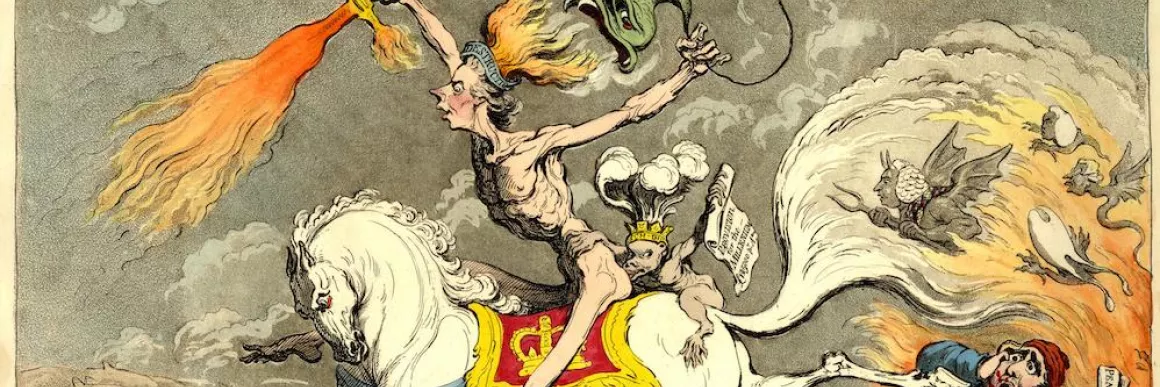During the 1960s history seemed in many ways to be an apocalyptic proposition; not coincidentally, at that same time, a revitalized Romantic literature occupied a central role in literary studies in North America and Great Britain. The apocalyptic tendencies of a Romanticism based on imagination and revolution spoke vividly to a period characterized by the reflexivity of intense social change and the perverse normalization of believing in an impending nuclear holocaust. Now, as the 1990s draw to a close, some years after the end of the Cold War, apocalypse is still surely with us; we have witnessed, however, its dissemination into a variety of fragmented, sometimes contradictory scenarios, a fitting predicament for an era fixated on the paradoxically twin phenomena of global consciousness and local knowledge. Arguably, today we no longer turn to apocalypse to bring human history together into one shared destiny; rather, our cultural and political discourses evince a totalizing epistemé based on another coordinate, one that very much colored the apocalyptic tone of the 60s, but which has now risen to prominence in its own right. If the 1960s have come to mean the age of apocalypse, the 1990s signal the age of conspiracy; as all the essays in this volume attest, such a situation still resonates with the age that we now call Romanticism.
About
Banner Image Credit: © The Trustees of the British Museum. Shared under a Creative Commons Attribution-NonCommercial-ShareAlike 4.0 International (CC BY-NC-SA 4.0) licence.
Romanticism and Conspiracy © 1997 by Orrin N.C. Wang is licensed under CC BY-NC-ND 4.0

